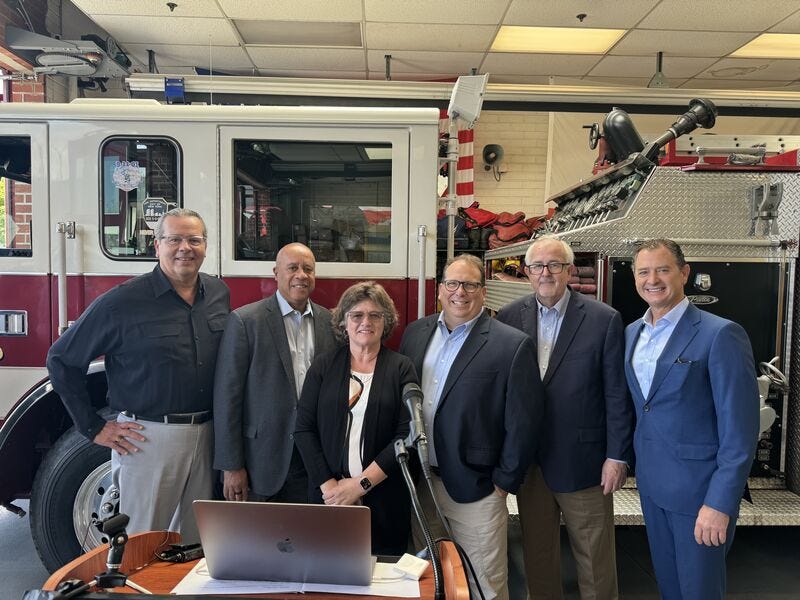Enhancing Community Engagement for National Preparedness Month: Lessons from Aristotle

As we reach the halfway point of National Preparedness Month, it’s essential to reflect on our progress in engaging our communities and consider additional steps to promote disaster readiness further. National Preparedness Month serves as a reminder that preparedness is a shared responsibility that requires active participation from individuals, families, and local organizations. Aristotle’s ideas of civic virtue and collective responsibility are particularly relevant as we think about how to build a culture of preparedness within our communities.
In the community where I work, we’ve taken significant steps to raise awareness about preparedness, emphasizing the importance of personal readiness and community resilience. From public outreach campaigns to hosting events like Ready El Segundo Day, we are creating opportunities for residents to learn more about disaster risks and how they can protect themselves and their families. However, there is always more to be done, and Aristotle’s belief in continuous improvement and the pursuit of excellence can guide our efforts as we move forward.

One of the key lessons we can draw from Aristotle is the importance of civic engagement. He believed that the health and well-being of a community depended on the active participation of its citizens. This is particularly true in emergency management, where the success of preparedness initiatives often hinges on the willingness of individuals to take responsibility for their own safety. To further engage the community, we can focus on creating opportunities for residents to get involved in local preparedness efforts, whether through volunteering, participating in training sessions, or attending public forums on disaster readiness.
Keep reading with a 7-day free trial
Subscribe to The Emergency Management Network to keep reading this post and get 7 days of free access to the full post archives.



